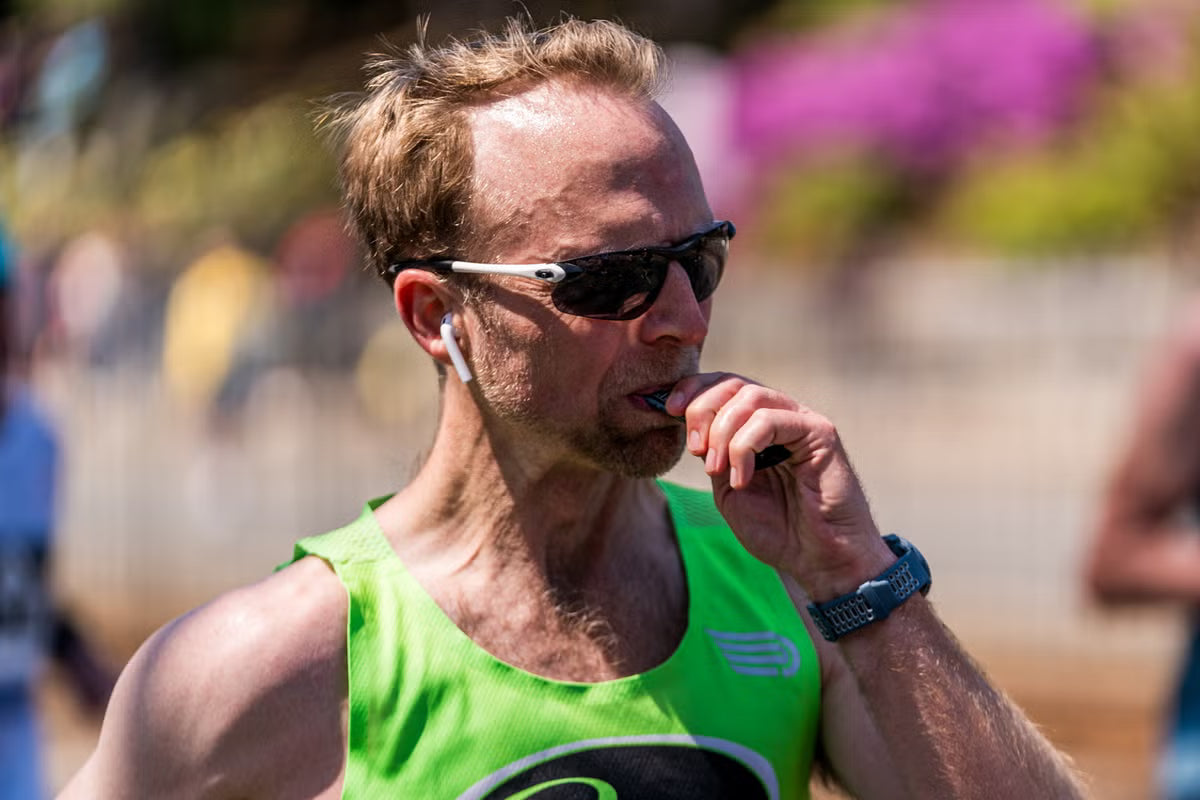Running is powered by what you put into your body. The right fuel strategy helps you start energized, stay strong through the miles, and recover faster afterward. Here’s how to fuel at every stage.
Fueling Before the Run
Why it matters
Your muscles store carbohydrates as glycogen, the body’s primary running fuel. Topping up glycogen before a run delays fatigue and gives you the energy to perform.
What to eat
3–4 hours before: A balanced, carb-rich meal with moderate protein, low fat, and low fiber.
Examples: Oatmeal with fruit, rice with chicken, pasta with tomato sauce, or a bagel with nut butter.
30–90 minutes before: A light snack if needed, easy to digest.
Examples: Banana, toast with jam, energy bar, or pretzels.
Tips
Avoid heavy, greasy, or high-fiber foods (they slow digestion and may cause stomach issues).
Practice your pre-run meals in training — not for the first time on race day.
Fueling During the Run
Why it matters
After ~60–90 minutes, glycogen stores start running low. Mid-run fueling keeps blood glucose stable, delays “the wall,” and sustains endurance.
How much
30–60 g of carbohydrates per hour for most runs over 60–90 minutes.
Elite runners can tolerate up to 90 g per hour with a mix of glucose + fructose (gels, drinks, chews).
What to use
Energy gels, chews, or sports drinks (fast-absorbing carbs + electrolytes).
Whole food options for training: bananas, dates, or dried fruit.
Hydration
400–800 ml fluids per hour, adjusted for heat and sweat rate.
Include electrolytes (sodium, potassium) to prevent cramps and maintain balance.
Fueling After the Run
Why it matters
Post-run nutrition restores glycogen, repairs muscles, and reduces soreness. The first 30–60 minutes after running is the optimal “recovery window.”
What to eat
Carbs (3:1 ratio with protein): Replenish glycogen.
Protein (20–30 g): Stimulates muscle repair.
Fluids + electrolytes: Replace sweat losses.
Examples
- Chocolate milk or smoothie with fruit + protein powder/yogurt.
- Rice or quinoa bowl with lean protein and vegetables.
- Sandwich with turkey + fruit on the side.
Practical Tips
Train your gut: Practice fueling during long runs so your stomach adapts.
Personalize: Some runners tolerate solids, others prefer gels or drinks.
Carb load for races: For marathons or ultras, increase carb intake (7–12 g/kg body weight) 1–2 days before.
The Takeaway
Before runs: Carb-rich meal or snack to top up glycogen.
During runs: 30–60 g carbs/hour + hydration + electrolytes.
After runs: Carbs + protein + fluids within 30–60 minutes.
Fueling properly transforms effort into performance — helping you run longer, recover faster, and feel stronger every time you lace up.

Share:
Why Hydration Matters for Runners
Electrolytes Explained: A Runner’s Guide